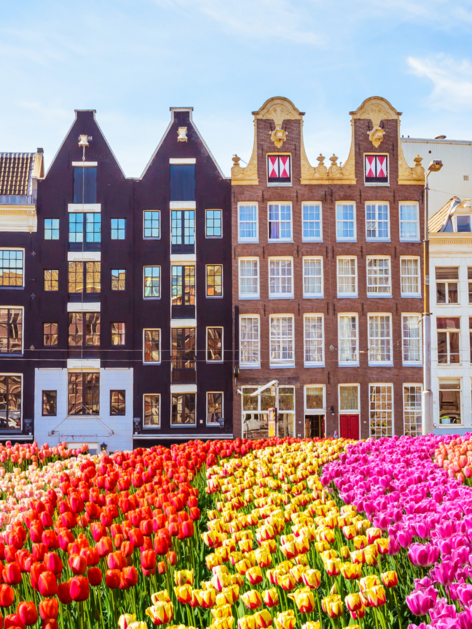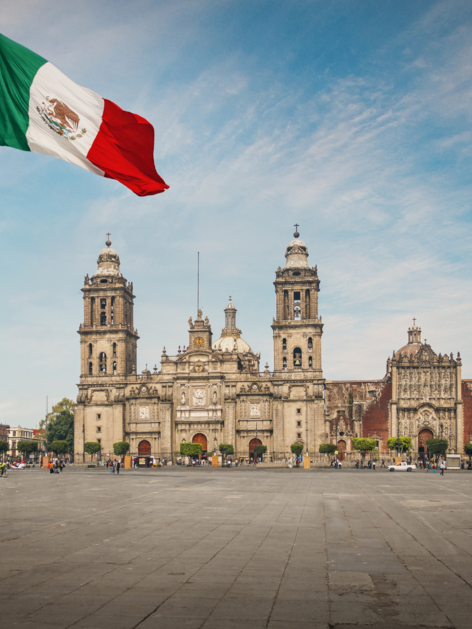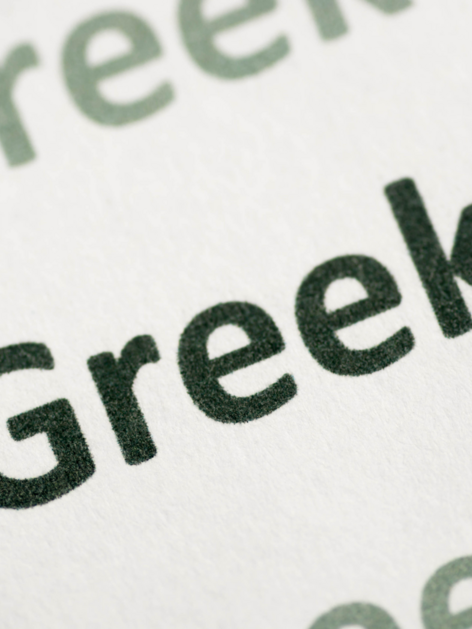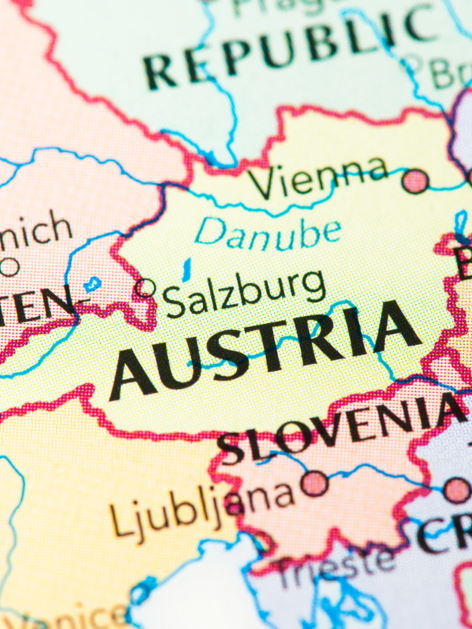The languages of Amsterdam

Online
Language courses
Learn foreign languages effectively and in the comfort of your own home with real teachers!
Get a 5% loyalty discount on your next language study trip!
What language is spoken in Amsterdam? Most widely spoken
Most widely spoken languages in Amsterdam, Netherlands
Have you finally planned that trip you've been longing to take, past canals and art museums? But now a question arises: what language is spoken in Amsterdam?
In this article, we're going to find out exactly what language is spoken in Amsterdam, delving into the subject and giving you useful hints on how to leave prepared.
Amsterdam official language: Dutch (and its dialects) clearly, as when we looked at what language is spoken in the Netherlands, the official language of Amsterdam is Dutch, which in its original version would be 'nederlands'.
It is a language that has been strongly influenced by history and the passage of powers such as Germany, France and Great Britain. And indeed Dutch, as we know it today, sounds like the perfect mix of German, French and English.
Dutch is also the third most spoken Germanic language in the world: almost 40 million people in the world speak Dutch correctly, compared to only 17.53 million inhabitants of the country. In fact, it is also found as an official language among the idioms spoken in Belgium.
Of course, not the whole country speaks 'clean' Dutch: just as in every city in Italy, there are also dialects abroad, i.e. variants of the same language that deviate a little or enough from the original version. And so also in the Netherlands, there are different dialects, depending on where you are. We can group them into three main categories:
- Low Dutch Franconian dialect
- Low Saxon Dutch dialect
- West Frisian
Each has its own characteristics and peculiarities, and in turn contains further variants, often with even older roots. What interests you most, however, is knowing that the Low Saxon dialect of Dutch is spoken in Amsterdam, which is also the most common dialect spoken throughout the Netherlands.
Language spoken in Amsterdam: English
Although it is not an official language, in Amsterdam - and in the Netherlands more generally - there are many Dutch people who speak English (90% of the population) at a level practically equal to that of a native speaker. The ranking of the English Language Proficiency Index, in fact, sees the Netherlands in first place out of 80 countries judged, for the level of knowledge, comprehension and fluency that the Dutch have when approaching English.
This is because the country has, over time, become a major force on the international market, and in order to improve more and more, has made learning English a real priority, reinforcing it not only in the school environment, but in every context. In fact, it is a well-known fact that there is no dubbing of foreign films and television programmes in Amsterdam. Anything in the original language that is not in Dutch remains as it is, and people enjoy it directly that way.
Even cartoons are left in the original language, and it is mainly for this reason that the Dutch are practically bilingual. Dutch children grow up hearing English on a daily basis: when they are still learning and assimilating everything they hear, they learn English and Dutch at the same time.
It must also be said that it is not so difficult for a Dutch person to learn English: Dutch is a Germanic language, just like English, and for this reason they really do have a lot in common. A few examples of this similarity:
- De | the
- Vriend |friend
- Maandag |Monday
We can say that the difference between the two languages corresponds more or less to that between Italian and Spanish. Of course, thanks to this enormous advantage, having a longer or shorter holiday in Amsterdam will be a piece of cake: you won't have to worry about not being understood at the hotel check-in, at the restaurant or at any site of interest, because everyone will communicate with you in English.
Can you live in Amsterdam knowing only English?
The question arises: is it possible to live in Amsterdam without knowing Dutch, relying only on English?
It depends on what your intentions are. If you want to live in Amsterdam for a limited time in your life, then yes. You will have no difficulty communicating with shopkeepers, going to the accountant or the doctor, let alone finding work and dealing with colleagues. You can go shopping without problems, because even in the supermarket you will most likely find English-speaking cashiers.
Even if you go for study purposes you can manage without problems, but maybe try to gain some experience abroad first to learn English to perfection in order to succeed better, and also to understand better what it means to live far from home speaking only a foreign language.
But in Amsterdam the official language is Dutch, as you well know, and if you want to live there for a long period of your life, you can't not know it. Yes, because announcements at the train station are only made in Dutch, and if you want to live just a little bit outside the city, there are fewer and fewer people who know English. Small shops, modest villages, typical restaurants: these are all places where you will need to know Dutch.
And not only because of this: the Dutch are known to be a bit shy towards Italians, or maybe we perceive them that way because in Italy you are warmer. In any case, you will hardly make inroads into their hearts if you don't learn the language, and they will thus be 'forced' to speak English to adapt to you. You will feel left out if you don't speak Dutch and you will never feel at home in Amsterdam.
Other languages spoken in Amsterdam
The languages spoken in Amsterdam do not end there. In fact, many inhabitants are not limited to bilingualism, but also perfectly know and apply a third language. In particular:
- 71% of Dutch people speak German, partly due to the great similarities between the two languages;
- 29% speak French;
- 5% speak Spanish, mainly due to immigration
There are also many other language minorities, again a sign that Amsterdam is a real melting pot, full of different cultures that have blended together over time. One can find people speaking Moroccan Arabic, Indonesian, Turkish, Tarifit and even Hindustani Caribbean and Sranan Tongo, typical languages of Surinam.
It should also not be forgotten that the Dutch sign language has been officially recognized in the Netherlands since 2020.






